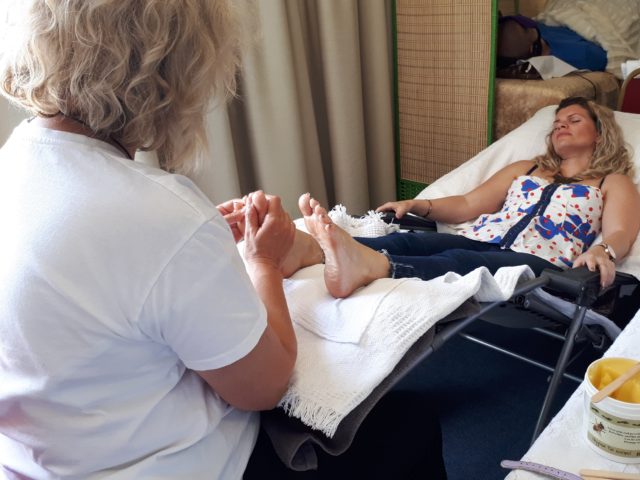From the people who have sadly died from COVID-19 to the number of people who have lost their jobs, the pandemic has proven to be an extremely challenging time for many people.
However, there has been a silver lining to the distinctly dark cloud of coronavirus. From families spending more time with each other to people who have gone to great lengths to keep active during the crisis.
So, how do we ensure we take advantage of the opportunities COVID-19 may have presented?
Money
Findings from the Office for National Statistics (ONS) suggest some people may have seen reduced expenditure during lockdown.
In the financial year ending March 2019, UK households spent an average of £182 per week on activities that have been largely prevented by government guidelines, including travel, holidays and meals out.
Roxanne Edgington, corporate finance assistant at BHSF, feels the closure of pubs, bars and restaurants during lockdown may have resulted in families being able to prioritise their spending on essentials including mortgage and bill payments.
“Any cuts in non-essential spending could be a welcome relief on squeezed budgets.
“For those who have been able to earn full wages, the lockdown may have presented a golden opportunity to pay off debts or save.
“I’d encourage people to look at the best savings rates available to ensure they’re getting value for money.
“Employee concerns around not being able to provide for a family, make next month’s payments or anxiety around receiving bills in the post can be addressed through Employee Assistance Programmes (EAPs).”
Homeworking
Statistics from ONS found only 5% of the UK’s total workforce in 2019 worked mainly from home. However, roll onto 23 April 2020 and just under half of British adults in employment said they’re working from home as a result of the pandemic.
Stuart Nottingham, director at Sun Rehabilitation, a partner of BHSF, believes employees should be given a choice of where to work post-COVID.
“If employees work from home, an employer could benefit from reduced demands (costs) on the premises and reduce commuting emissions. If employees are happy to work from home, then there’s potential for staff retention which can only be a positive.
“If employees do have concerns about returning to the workplace, employers should see it as an opportunity to understand the issues staff may have and how they can be resolved. This could include, changing start and finish times, phasing the return in stages or delay it altogether.
“Companies need to ensure their employees have a workspace that fits into their home and isn’t going to cause musculoskeletal issues through long- term exposure to working in poor postures. It’s all about investing in employees and making sure their needs are met.”
Exercise
With more people working at home, that could explain a rise in the number of people exercising as a result of lockdown.
A survey has found 40% of British adults are exercising more than they were before physical distancing measures were introduced. And 52% of adults plan to keep it up as rules are eased4.
James Murphy, community projects lead at Fibodo, is pleased with the findings and hopes people will continue to exercise to reap the benefits in the long-term.
“Exercise is a great way to alleviate stress, clear the mind, and helps us to feel both physically and mentally strong – as many may have discovered over these past few months. One in three people have said working out has helped to improve their mental health.
“It’s great that so many people are planning to exercise regularly and maintain their fitness routine.”
Community
For weeks since lockdown began we’ve seen an outpouring of support for the vulnerable from individuals and communities across the UK. People have come together to help one another through these trying times.
Ipsos MORI revealed 60% of Brits have volunteered to help others, whether through delivering shopping to people who are self-isolating or simply ringing up elderly neighbours for a chat.
And the community of Piddlehinton have done just that when they turned the threat of coronavirus into an opportunity for a fresh start. In a village of around 500 people; families and volunteers have been delivering food and medication to those who can’t get to the shops. It’s helped to bring the community closer together6.
Family
The pandemic also seems to have brought families closer together. Research carried out by Childcare has found over 70% of families have spent more quality time together during lockdown.
78% of people surveyed by ONS have said contacting important people in their lives over the phone, social media or video conferencing has been a key factor in coping while being at home.
Fiona McGill, occupational health manager at BHSF, believes the pandemic may have heightened the importance of family and supporting each other through difficult times.
“Sadly, many families have lost loved ones from coronavirus. Despite the dreadful toll the pandemic is taking, coronavirus could see us emerge as a kinder community and more thankful for the things we have in life, including family and friends.
“COVID-19 may have led to people thinking about what’s important, including the community they’re part of. I think it’s important in times like these to reflect on the positives, and hopefully, families will continue to prioritise spending quality time together.”




